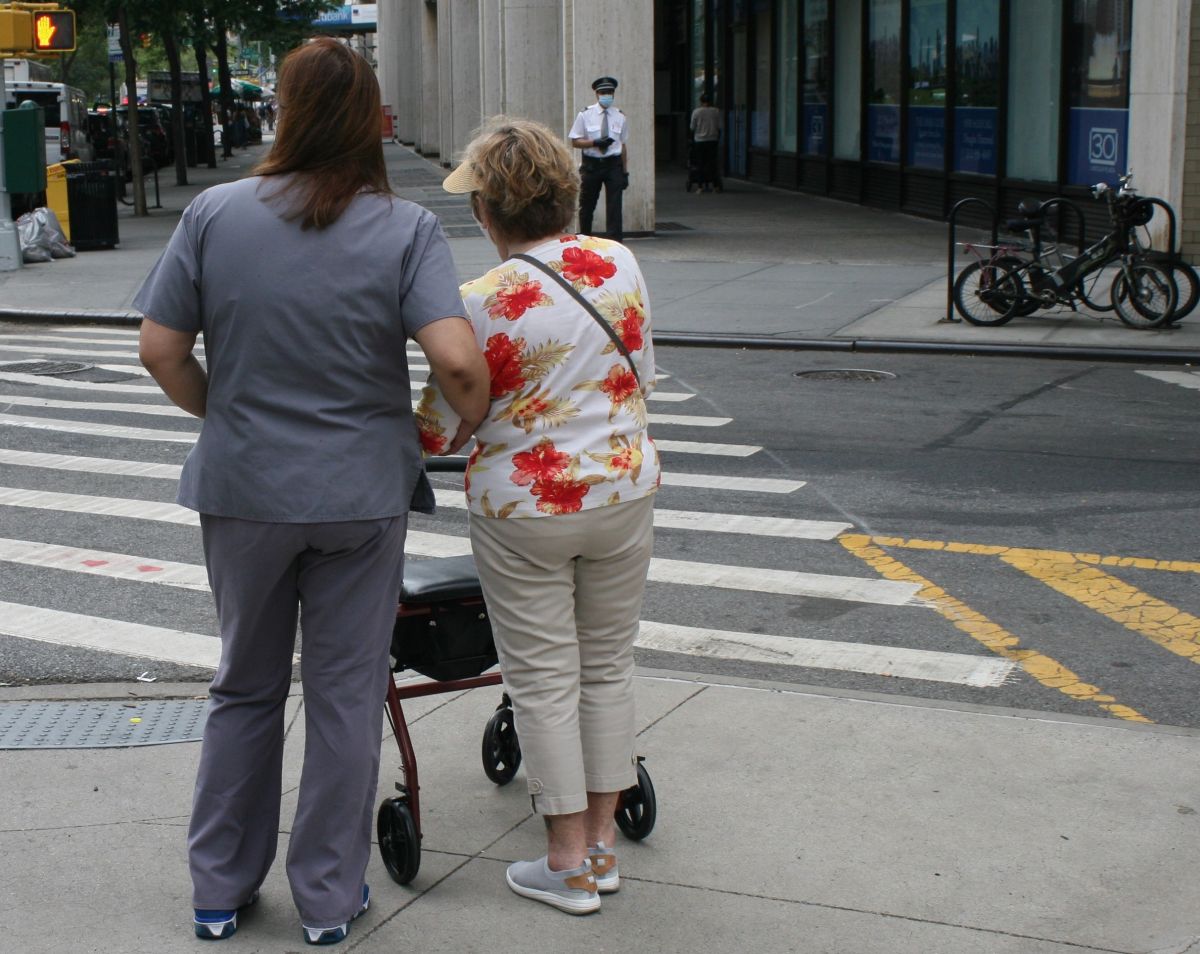This October 1, a salary increase came into force that adds $2 per hour to the income of home care workers, but in addition to this “symbolic achievement”, the challenge is now that private insurance companies, which receive millionaire funds from the state of New York, disburse the fair payment, especially to the small agencies that provide this service.
According to the complaints, the insurance corporations are only adding 20 cents per hour. This means that they keep more than 80% of the increases approved this year.
At this rate, insurance companies could pocket more than $200 million that was intended for workers, several companies estimated in a statement. organizations and state legislators.
“The increase of $2 does not come close to the amount what we know is needed to end the state’s dangerous home care shortage: 150 % of minimum wage,” said Ilana Berger, co-director of New York Caring Majority (NYCM)
“We urgently need strong action by the New York State Department of Health to ensure that this increase really reaches the pockets of these workers,” he demanded this Thursday in a Assemblyman Richard Gottfried, lead sponsor of the Fair Pay for Homeworkers Act, protests online.
The lowest paid
In this same direction, state senator Gustavo Rivera recognized that this salary increase is just a “small recognition”, now he is even more concerned that this “symbolic adjustment” is not reaching efficiently the agencies that offer services to the elderly and disabled.
A NYCM report highlights that home care aides are among the lowest-paid workers in the state. The 50% rely on public benefits to care for their own families.
But there are other analyzes that describe this sector: A report by the New York Home Care Association found that the 25% of patient families reported being unable to find home health aides.
Indeed, a survey published in 300 by the New York State Consumer Directed Personal Care Association found that seven out of every 10 families in need of these services reported that their home health aides left this sector due to low wages. In many cases, they take higher paying fast food jobs.
This bill would establish the base salary for home health aides at 80% more than the local minimum wage, which would allow workers to earn at least $35,000 year.
Currently, many in the industry earn as little as $21,300 a year, working long hours.
Low wages, even more so in recent months, defined by a high rate of inflation, they make it difficult to retain these workers, since according to the balance sheets, less demanding jobs in fast food chains offer more money.
